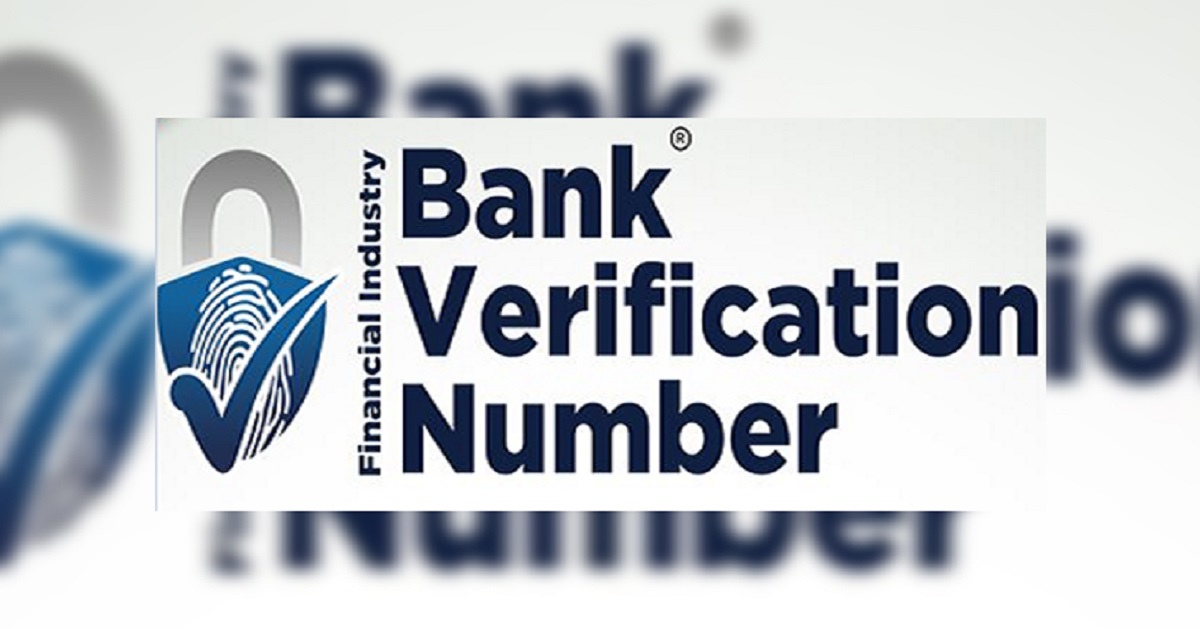Prince Akamadu, chairman, Association of Chief Audit Executives of Banks in Nigeria (ACAEBIN), has said that the recent directive by the Central Bank of Nigeria (CBN) mandating all tier-1 bank accounts and wallets for individuals to have Bank Verification Number (BVN) and/or National Identification Number (NIN), that will reduce the amount of fraud associated with such accounts.
Akamadu, who disclosed in Lagos during the 57th Quarterly General Meeting of the association, lauded the Yemi Cardoso-led CBN for issuing the directive.
He called on the apex bank to mandate FINTECHs to set up fraud desks as well as enforce stricter regulatory oversight on the activities of Bureaux de Change.
While noting that the theme for the meeting: ‘Artificial Intelligence: Game Changer for 21st Century CAEs and Auditors’ is both apt and timely, he said auditors must embrace new technologies that can enhance their abilities and revolutionize the profession.
He said AI is emerging as a game-changer, propelling auditors into uncharted territories of efficiency, accuracy, relevance, and strategic insight, stressing that gone are the days when auditors were buried under piles of documents and struggled to analyse the vast amounts of data at their disposal.
“By harnessing the power of AI, we can rapidly process vast volumes of data, identify patterns, and anomalies, and draw once unimaginable insights. Imagine a world where Auditors are armed with AI-driven tools that can analyse transactions within seconds, minimize errors and ensure compliance. With AI, Auditors can significantly enhance their ability to identify risk, uncover fraud, and provide recommendations for improvement,” he said.
He, however, warned that AI is not a panacea but a tool that must be guided by human expertise, judgment, and ethical principles to uphold transparency, fairness, and accountability.
Dalu Ajene, CEO and managing director, Rand Merchant Bank Nigeria Limited, in his keynote address, urged auditors to continue to learn and realign to meet the demands imposed by the adoption of technologies for the overall protection of their organizations.
![]()




























































